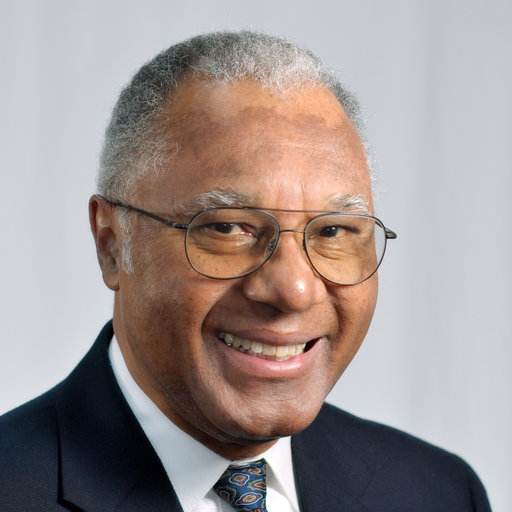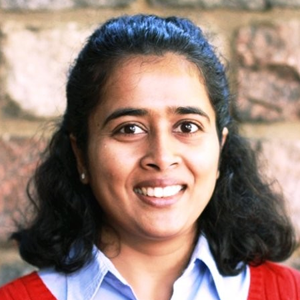In memoriam: Robert B. Sanders
Robert Burnett Sanders, who made seminal contributions to reproductive biochemistry and authored the book “Contributions of African American Scientists to the Fields of Science, Medicine, and Inventions” died June 17, 2022, in Sanford, North Carolina. He was 83.

Born December 9, 1938, in Augusta, Georgia, to Robert and Lois Jones Sanders, he attended Augusta's segregated public schools and graduated from Lucy Laney High School in 1955. He graduated from Paine College as valedictorian with a major in chemistry and then earned a Ph.D. from the University of Michigan in 1964. After completing his postdoctoral work at the University of Wisconsin, he joined the biochemistry faculty at the University of Kansas in Lawrence in 1966. At KU, he served as both associate dean of graduate studies and associate vice chancellor.
Sanders’ research focused on the biochemistry of hormone action, the biochemistry of reproduction, and uterine biochemistry. His lab studied the properties of uterine adenylate cyclase in rats. His team established the biochemical events associated with the decidual cell reaction in the uterus of rodents and its association with increased concentration of cyclic adenosine 3′,5′-monophosphate, known as cAMP. The Sanders lab showed that adenylate cyclase, the enzyme that catalyzes the formation of cAMP, might play a central role in decidualization, a process leading to significant changes to endometrial cells in preparation for, and during, pregnancy. He also worked on parathyroid hormone action, epinephrine action, cardiac adenylate cyclase action, the biology of uterine metabolism and amino acid transport in vivo and in vitro.
At KU, Sanders served as chair of the Minority Graduate Student Recruitment Advisory Committee and was an active member of The Boul, an organization for professional Black men whose mission is to collectively bring about change that cannot be accomplished by individuals.
Sanders is survived by his wife 61 years, Gladys; two children, Sylvia, and husband David Schneider, and William, and wife Margaret Esselborn; and a granddaughter, Ivy.
Enjoy reading ASBMB Today?
Become a member to receive the print edition four times a year and the digital edition monthly.
Learn moreGet the latest from ASBMB Today
Enter your email address, and we’ll send you a weekly email with recent articles, interviews and more.
Latest in People
People highlights or most popular articles

Building a career in nutrition across continents
Driven by past women in science, Kazi Sarjana Safain left Bangladesh and pursued a scientific career in the U.S.

Kiessling wins glycobiology award
She was honored by the Society for Glycobiology for her work on protein–glycan interactions.

2026 ASBMB election results
Meet the new Council members and Nominating Committee member.

Simcox wins SACNAS mentorship award
She was recognized for her sustained excellence in mentorship and was honored at SACNAS’ 2025 National Conference.

From humble beginnings to unlocking lysosomal secrets
Monther Abu–Remaileh will receive the ASBMB’s 2026 Walter A. Shaw Young Investigator Award in Lipid Research at the ASBMB Annual Meeting, March 7-10 in Washington, D.C.

Chemistry meets biology to thwart parasites
Margaret Phillips will receive the Alice and C. C. Wang Award in Molecular Parasitology at the ASBMB Annual Meeting, March 7-10 in Washington, D.C.

